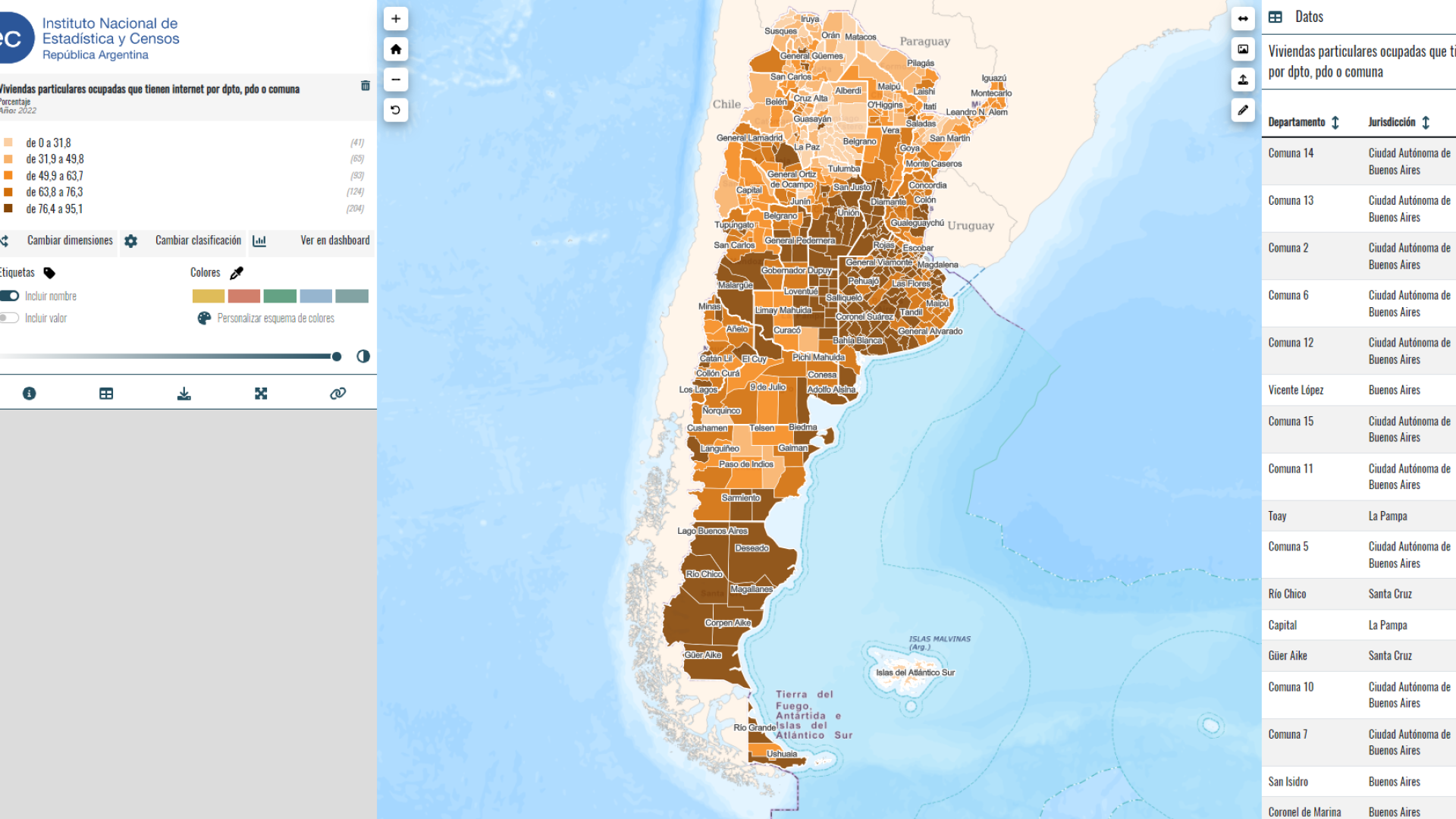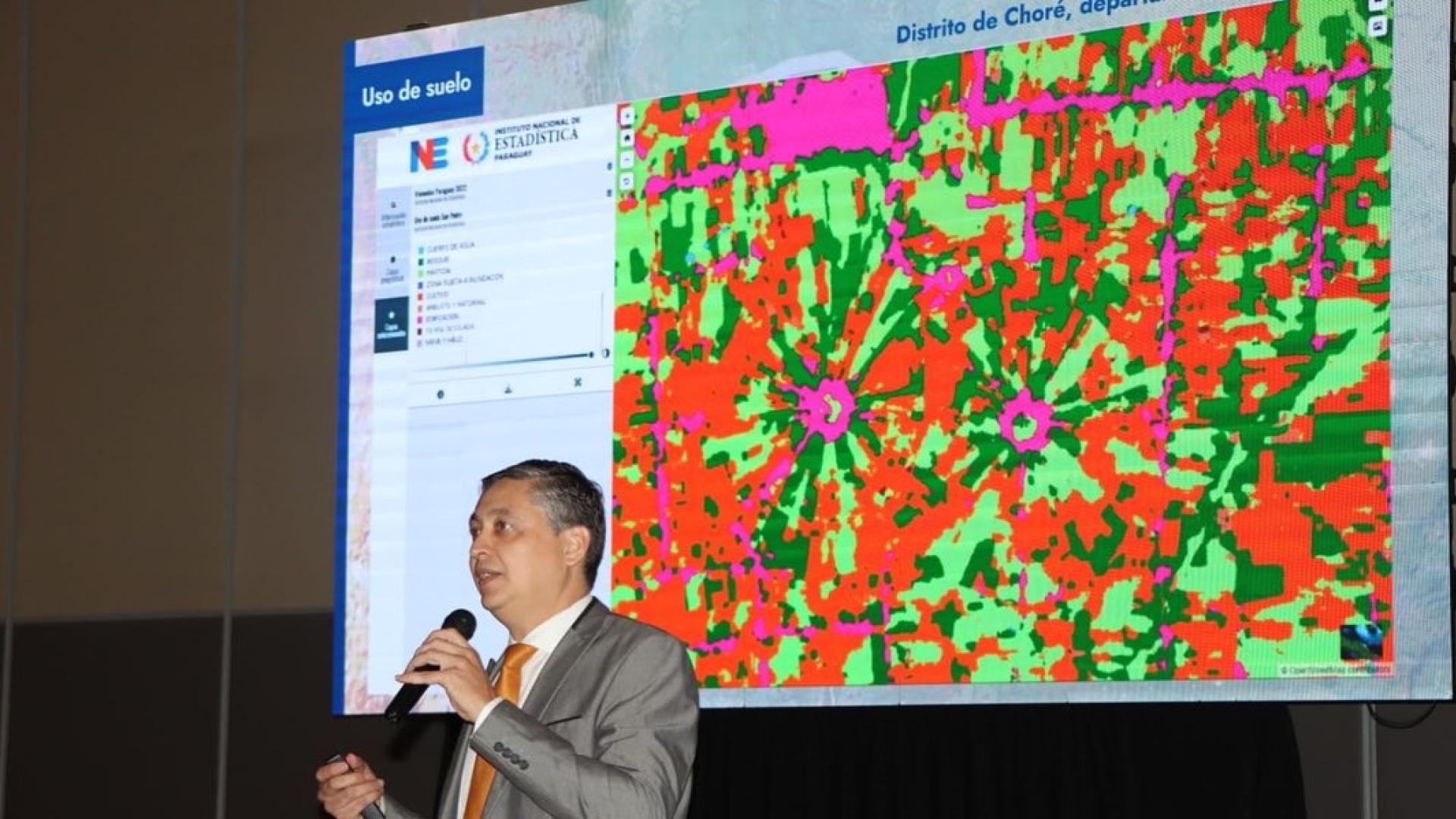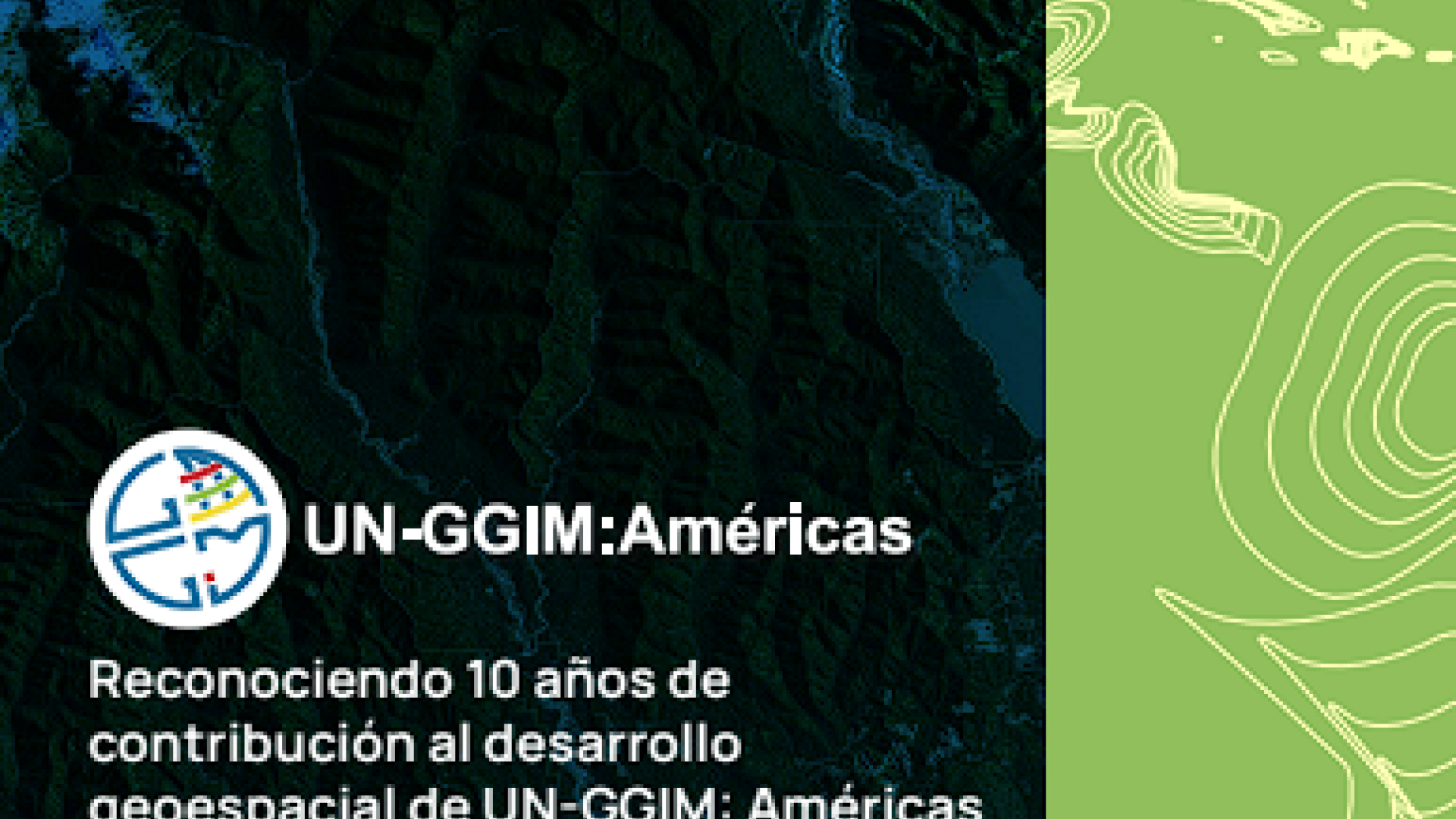Seminar on the Global Statistical and Geospatial Framework - Principle 1
The Global Statistical Geospatial Framework (GSGF) enables a range of data to be integrated from both statistical and geospatial communities and, through the application of its five Principles and supporting key elements, permits the production of harmonized and standardized geospatially enabled statistical data. The resulting data can then be integrated with statistical, geospatial, and other information to inform and facilitate data-driven and evidence-based decision making to support local, sub-national, national, regional, and global development priorities and agendas.
Principle 1: Use of fundamental geospatial infrastructure and geocoding
Principle 1 focuses on creating infrastructure that enables the implementation and socialization of the GSGF, by adopting a common and consistent approach to place each statistical unit in a dataset in time and space, using a fundamental geospatial infrastructure.
The goal of Principle 1 is to obtain high quality, standardized location references (such as physical addresses, property or building identifiers, or other location descriptions), in order to assign accurate coordinates and/or a small geographic area or standard grid reference to each statistical unit at the microdata/unit record level. Preferably, the location is recorded through direct or indirect capture of x and y coordinates.
Objectives:
- Provide guidance to Member States and stakeholders, on the implementation of the resulting Global Statistical and Geospatial Framework - (GSGF).
- To strengthen interrelationships with relevant groups in the statistical and geospatial communities.
- Provide Member State representatives responsible for geostatistical integration the opportunity to learn about challenges around statistical and geospatial integration and establish work plans that identify and promote solutions in a participatory and inclusive manner.
- Implement and operationalize in the Member States, the Global Statistical and Geospatial Framework -GSGF, as a tool to obtain geospatially enabled statistical data for the 2030 Agenda, the 2020 Population Census Round and issues related to climate change and disaster resilience, among others.
29 Sep 2023
-
GSGF - Principle 1: Use of fundamental geospatial infrastructure and geocoding
11:00 to 13:00Moderator: Sandra Liliana Moreno, Coordinator for Colombia WG-ISGI of UN-GGIM: Americas
Welcome remarks by Sofía Nilo, President of UN-GGIM: Americas
- Claudio Stenner, Director de Geociencia, IBGE, Brasil / Director of Geosciences, IBGE, BrazilThe Global Statistical and Geospatial FrameworkJoshua J. Coutts, Oficina del Censo de Estados Unidos / US Census BureauGSGF Principle 1Casos de uso a nivel país / Country cases- Caso de uso/Use case 1 – Argentina- Caso de uso/Use case 2 – Panamá- Caso de uso/Use case 3 – Canada» Preguntas y respuestas / Questions and AnswersRolando Ocampo, Director de la División de Estadísticas de la CEPALClausura / Closing



